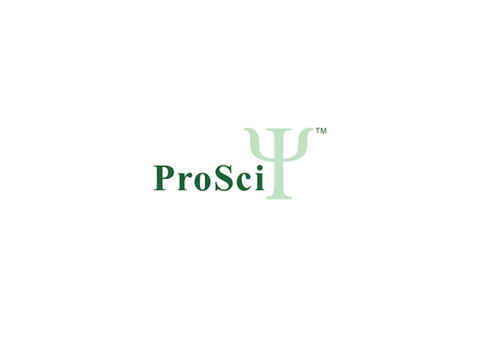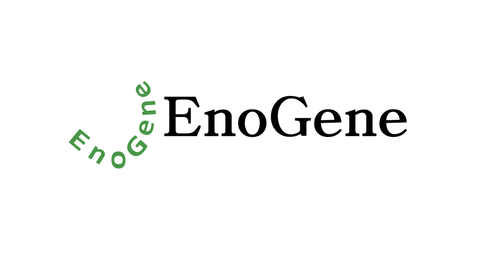Product Description
WNT4 Antibody | 23-198 | ProSci
Host: Rabbit
Reactivity: Human, Mouse, Rat
Homology: N/A
Immunogen: Recombinant fusion protein containing a sequence corresponding to amino acids 122-351 of human WNT4 (NP_110388.2) .
Research Area: Cancer, Cell Cycle, Signal Transduction, Stem Cell
Tested Application: WB
Application: WB: 1:500 - 1:2000
Specificiy: N/A
Positive Control 1: A-549
Positive Control 2: MCF7
Positive Control 3: N/A
Positive Control 4: N/A
Positive Control 5: N/A
Positive Control 6: N/A
Molecular Weight: Observed: 46kDa
Validation: N/A
Isoform: N/A
Purification: Affinity purification
Clonality: Polyclonal
Clone: N/A
Isotype: IgG
Conjugate: Unconjugated
Physical State: Liquid
Buffer: PBS with 0.02% sodium azide, 50% glycerol, pH7.3.
Concentration: N/A
Storage Condition: Store at -20˚C. Avoid freeze / thaw cycles.
Alternate Name: WNT4, wingless-type MMTV integration site family, member 4, WNT-4, WNT-4 protein precursor, SERKAL
User Note: Optimal dilutions for each application to be determined by the researcher.
BACKGROUND: The WNT gene family consists of structurally related genes which encode secreted signaling proteins. These proteins have been implicated in oncogenesis and in several developmental processes, including regulation of cell fate and patterning during embryogenesis. This gene is a member of the WNT gene family, and is the first signaling molecule shown to influence the sex-determination cascade. It encodes a protein which shows 98% amino acid identity to the Wnt4 protein of mouse and rat. This gene and a nuclear receptor known to antagonize the testis-determining factor play a concerted role in both the control of female development and the prevention of testes formation. This gene and another two family members, WNT2 and WNT7B, may be associated with abnormal proliferation in breast tissue. Mutations in this gene can result in Rokitansky-Kuster-Hauser syndrome and in SERKAL syndrome.
 Euro
Euro
 USD
USD
 British Pound
British Pound
 NULL
NULL














![WNT4 Antibody [AMM02561G] WNT4 Antibody [AMM02561G]](https://cdn11.bigcommerce.com/s-452hpg8iuh/images/stencil/500x659/products/870348/1162415/logo__92149.1659788186__94173.1659866519.png?c=2)